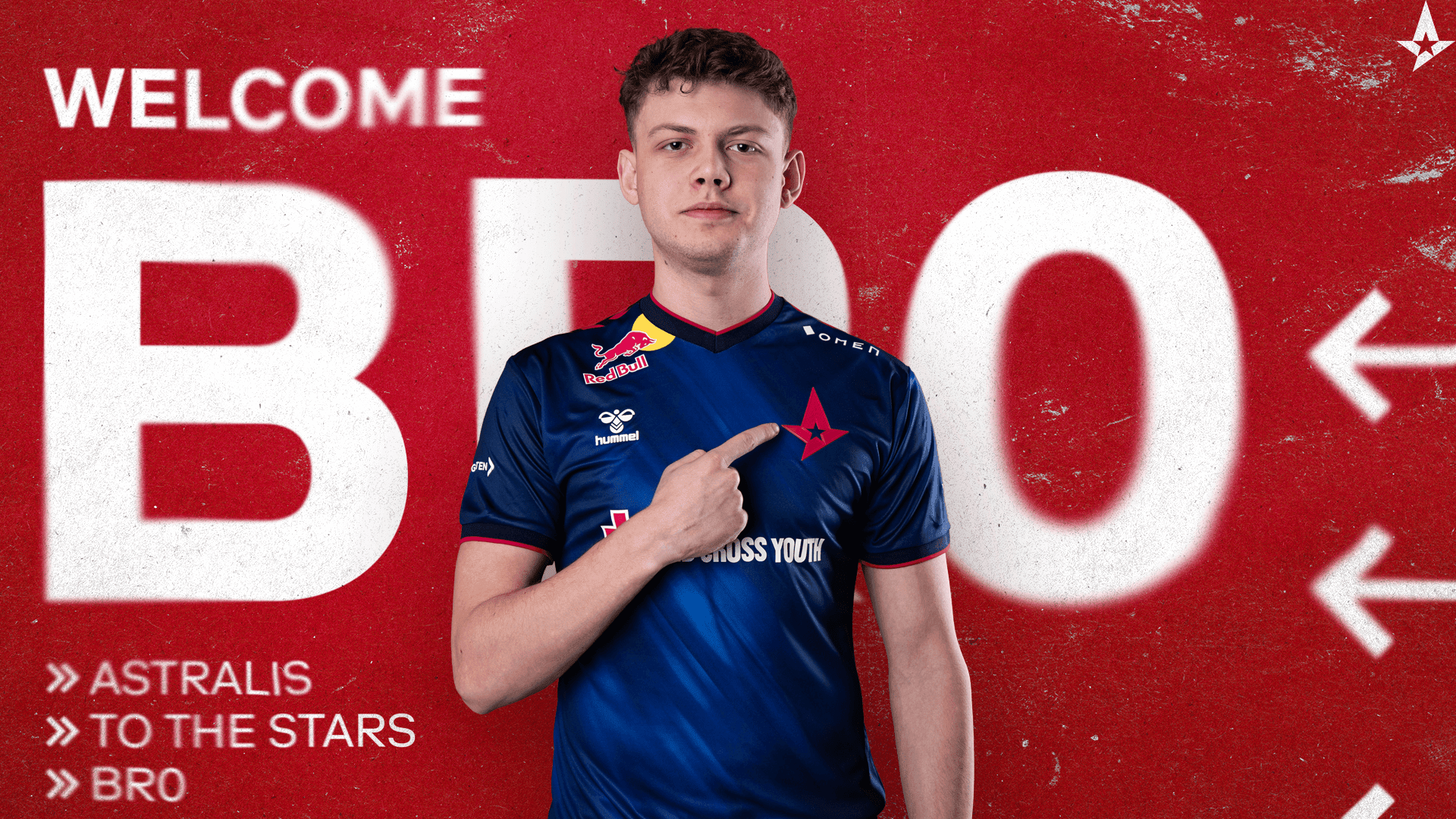Best Electronics Insights
Your go-to source for the latest in electronics news and reviews.
Decoding the CSGO IGL: Are They Just Overpaid Team Captains?
Explore the truth behind CSGO IGLs—are they strategic masterminds or just overpaid team captains? Dive in to uncover the real roles!
Understanding the Role of the IGL in CSGO: Beyond Team Captaincy
In the dynamic world of CS:GO, the in-game leader (IGL) serves a pivotal role that extends well beyond mere team captaincy. An IGL is responsible for devising effective strategies and adapting them in real-time during matches. Their understanding of map control, weapon economics, and timing is critical for the team's success. They are instrumental in calling plays that leverage the team's strengths while exploiting the weaknesses of opponents. Furthermore, an IGL must possess exceptional communication skills, as they need to relay complex strategies to teammates quickly and clearly.
Additionally, being an effective IGL requires a deep psychological insight into both one’s own team and the enemy. They act as the motivational backbone, encouraging players to maintain focus and resilience during high-pressure situations. An IGL's adaptability also comes into play when a strategy fails; they must quickly pivot to alternative plans and guide the team through uncertainty. Therefore, the role of the IGL in CS:GO is not just about making tactical calls but also about fostering a collaborative environment where every player feels valued and empowered to contribute.

Counter-Strike is a popular multiplayer first-person shooter (FPS) game that has captivated players around the world since its inception. In the game, players are divided into two teams: terrorists and counter-terrorists, with the goal of completing objectives or eliminating the opposing team. One of the advanced techniques players often use to enhance their gameplay is a jump throw bind cs2, which allows for precise grenade throws.
Do IGLs Truly Shape Team Success in CSGO?
In the competitive landscape of CSGO, the role of an In-Game Leader (IGL) is pivotal to a team's overall success. An IGL is responsible for formulating strategies, making real-time decisions, and guiding their teammates through the complexities of a match. Their leadership not only influences the team's tactical approach but also affects morale and communication. For instance, teams with strong IGLs often exhibit a greater understanding of map control and situational awareness, enabling them to adapt quickly and counter opponents effectively.
Moreover, an effective IGL can instill a sense of unity and purpose within the team. This encompasses not just tactical execution but also the mental aspect of the game, where players need to remain focused and confident under pressure. When an IGL successfully cultivates a positive team environment, it often leads to enhanced performance and results. Thus, it's clear that IGLs do indeed play a crucial role in shaping team dynamics and success in CSGO, making their presence a vital contributor to achieving competitive edges in tournaments.
The Skills That Make a Great IGL: More Than Just Strategy
Being an effective In-Game Leader (IGL) requires a blend of skills that extends well beyond mere strategic planning. Communication stands out as one of the most crucial competencies; an IGL must convey information succinctly to ensure all team members are on the same page. This includes not only calling strategies but also motivating teammates and providing real-time updates during the game. Additionally, strong analytical skills are essential, allowing the IGL to assess the opposing team's tactics quickly and adapt their strategies accordingly. An IGL's ability to remain calm under pressure can pivotally influence their team's morale and performance.
Moreover, a great IGL embodies leadership qualities that inspire trust and respect among teammates. They need to be open to feedback and adaptable, constantly evolving their approach based on both successes and failures. A deep understanding of each player's strengths and weaknesses allows the IGL to allocate roles effectively, thereby maximizing the team's potential. Lastly, the significance of emotional intelligence cannot be overstated; an exceptional IGL recognizes when a teammate is struggling and offers support, fostering a positive environment that ultimately contributes to the team's success.